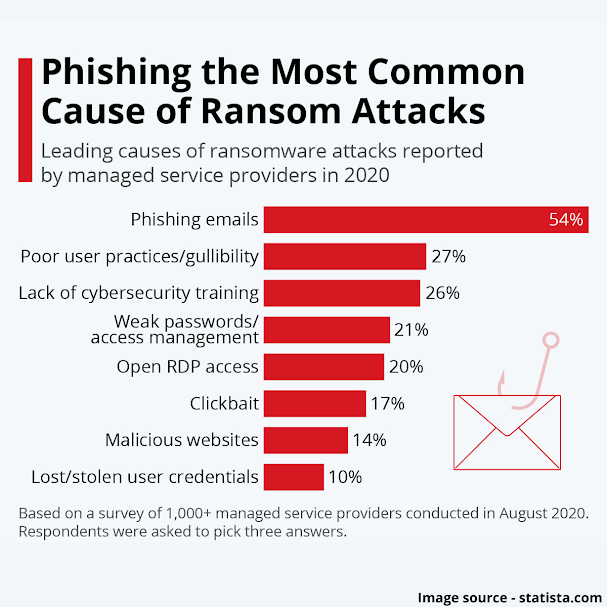As
a result of a massive ransomware attack that hit hundreds of mostly small businesses on Friday (2nd July), the imminent threat that such cyberattacks represent to businesses throughout the world has once again come into public focus.
In
an interview, Fred Voccola, the CEO
of the Florida-based company, said it was difficult to assess the actual impact
of Friday's attack because those affected were mostly Kaseya’s clients.
Kaseya
is a software firm that provides solutions to IT outsourcing organizations,
which generally do back-office work for businesses that are too small or
under-resourced to establish their own IT departments.
On
Friday, one of these tools was hacked, allowing the hackers to shut down
hundreds of businesses across five continents. Although the majority of those
impacted were small businesses such as dentists' offices or accountants, the interruption was felt most sharply in Sweden, where hundreds of supermarkets
were forced to close due to cash register failures, and New Zealand, where
schools and kindergartens were closed down.
In
private talks with a cybersecurity expert and Reuters, the hackers who claimed
responsibility for the attack requested $70 million to recover all of the
impacted firms' data, but they indicated a willingness to reduce their demands.
"We
are always ready to talk," a hacker spokesman told Reuters early Monday.
The employee, who communicated with the hackers using a chat window on their website did not give their name.
The newest assault targeted software used by managed service providers (MSPs) to monitor and maintain the IT infrastructure of small and medium-sized businesses, as is typical of such attacks. While MSPs are usually aware of the threat posed by ransomware attacks, their clients aren't, which can lead to carelessness that can be costly. According to a survey by cybersecurity firm Datto, 84% of MSPs believe their clients should be highly concerned about ransomware, while only 30% of small businesses are.
According
to Datto's Global State of the Channel Ransomware Report, small companies are
more vulnerable to carelessness and gullibility. With phishing emails, poor
user practices, and a lack of cybersecurity training amongst these top causes
of ransomware attacks, it's obvious
that end-user safety is a key component of IT
security.
According to the research, “weak passwords, open RDP access, and a host of another user mistakes were also to blame for breaches,” adding that “weak passwords, open RDP access and a host of other user errors were also to blame for breaches.”


